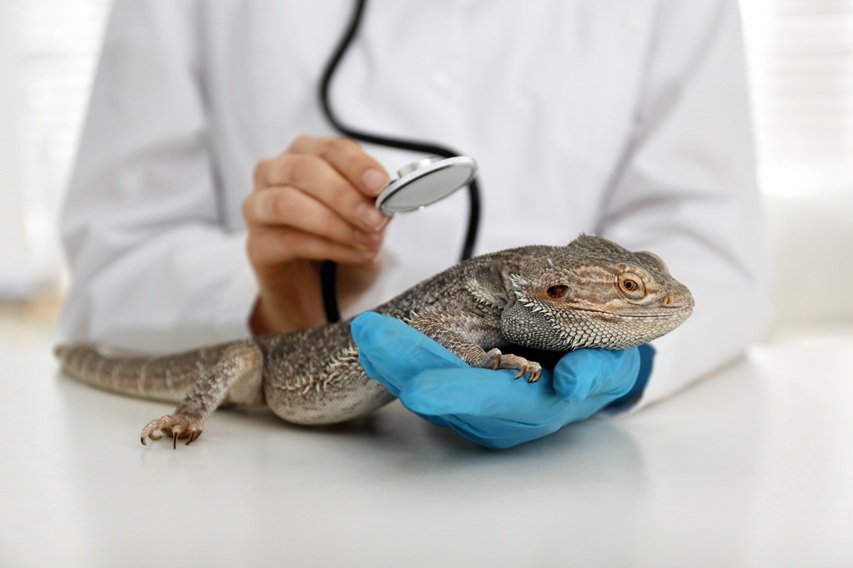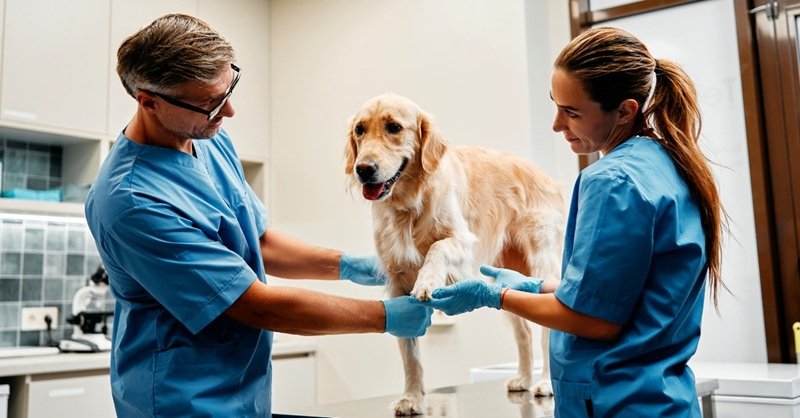Caring for your exotic pet requires attention and understanding. You might think these unique animals need specialized care. However, routine visits to a general veterinarian can be just as critical. At Los Altos animal hospital, experienced professionals treat a wide range of creatures. General veterinary care helps prevent illnesses, identify issues early, and maintain overall health. First, regular check-ups help spot health concerns before they become serious. Second, a general vet can assess diet and habitat, making sure your pet thrives. Finally, routine visits build a relationship between your pet and the vet, reducing stress and ensuring better care. With these benefits in mind, you can provide your exotic pet with the best life. Remember, consistent care and attention make all the difference in your pet’s well-being. So, make general veterinary care a priority. Your pet will thank you for it.
Preventing Illnesses Early
One of the most significant advantages of general veterinary care for exotic pets is prevention. Many exotic animals are adept at hiding signs of illness. This makes early detection challenging. Regular check-ups help identify issues before they escalate. For instance, birds might hide symptoms until they are very sick. A general vet can spot subtle changes in behavior or appearance that you might miss. Such vigilance can save your pet’s life.
Consider the data below on common signs of illness in exotic pets:
| Pet Type | Common Signs of Illness |
|---|---|
| Birds | Ruffled feathers, lethargy |
| Reptiles | Lack of appetite, shedding issues |
| Small Mammals | Weight loss, breathing difficulties |
By prioritizing regular visits, you give your pet a better chance at a healthy life. You can find more resources on the benefits of veterinary care through the American Veterinary Medical Association.
Ensuring Proper Diet and Habitat
General veterinarians can provide guidance on diet and habitat. Exotic pets often have specific needs that differ from traditional pets. Improper diet or conditions can lead to severe health problems. For example, reptiles need specific temperatures and humidity levels to thrive. A general vet can offer advice that ensures your pet’s environment supports their health.
The table below highlights dietary considerations for various exotic pets:
| Pet Type | Key Dietary Needs |
|---|---|
| Birds | Seed mix, fresh fruits |
| Reptiles | Live prey, greens |
| Amphibians | Insects, small fish |
Adhering to these nutritional guidelines helps maintain your pet’s health. More specialized nutrition information is available from the Association of Zoos and Aquariums.
Building Trust and Reducing Stress
Regular visits to a general vet help your exotic pet build trust in the process. Familiarity with the vet and clinic reduces anxiety. Many exotic pets, like small mammals and birds, experience stress in unfamiliar situations. Therefore, developing a routine can lead to more relaxed visits. This results in a better examination and more accurate insights into your pet’s health.
Consistent care fosters a positive relationship. A trusted vet becomes familiar with your pet’s normal behavior and can detect changes quickly. This bond is invaluable in ensuring your pet’s well-being.
In conclusion, general veterinary care is essential for your exotic pet. Regular check-ups prevent serious illnesses, ensure proper diet and habitat, and build trust. By prioritizing routine care, you set your pet on a path to a long and healthy life. Always remember, your commitment to their health makes a difference. Your exotic pet depends on you. Take action today and schedule that essential veterinary visit.



